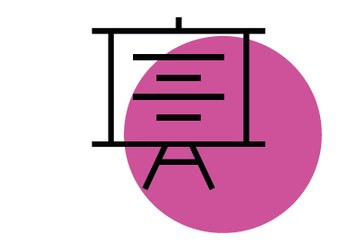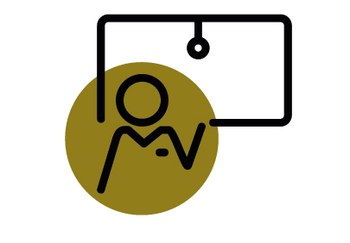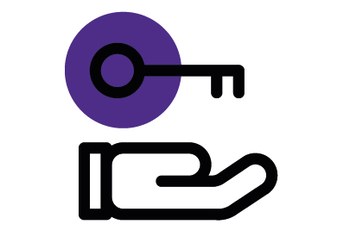Project Results

1
Higher Education Innovative and Inclusive Didactic Modules (IDM) of History of Architecture.
IDM are equipped with features and tools that make them accessible to all students enrolled, both by normally sighted and VIB students.

2
Guidelines for the design and realization of 3D architectural models accessible to VIB.
The Guidelines have objective of defining the features and tools (materials, softwares, scales etc.) to realize architectural models accessible to VIB, tested and implemented by students taking part to the project and, after its end, addressed to a wider range of users.

3
In-VisIBLe Image Captioning Dataset and System.
Artificial Intelligence based on visual information to recognize building types and describe architectural images with captions will be used in IDM of History of Architecture. Images will be equipped with supplementary metadata allowing anyone to understand their content. Every image will be able to provide information about the type of building(s) described and give a description about its content.

4
In-VisIBLe Teaching & Learning Web Platform.
A web platform for accessing, processing and sharing the inclusive didactic tools and modules will be open-access and all the items will have the necessary mechanisms to provide accessibility to VIB.

5
Massive Open Online Courses (MOOC) of History of Architecture accessible to VIB.
MOOCs make the contents, tools and methodologies of the IDMs (PR1) accessible to a larger number of both VIB and normally sighted users.

6
Guidelines to make architecture and visual arts accessible to VIB.
The Guidelines have the objective of promoting the dissemination and use of the tools and methodologies developed for HE courses of History of Architecture in the activities relatedo to visual arts of museums, cultural/educational institutions, high schools.